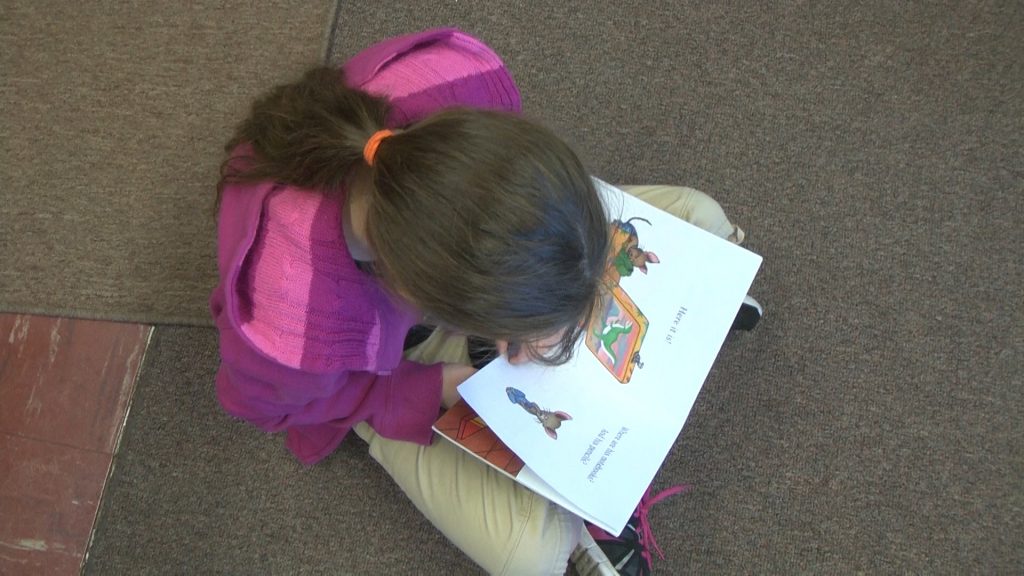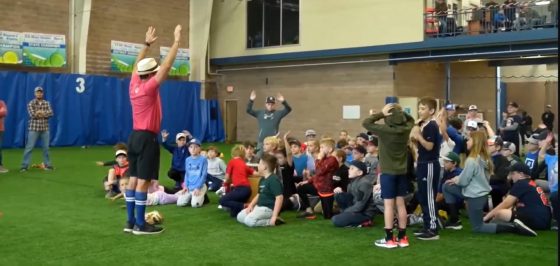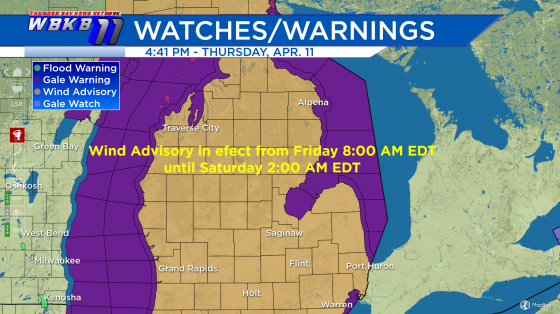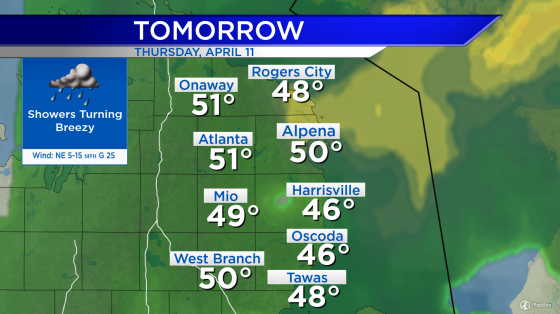New law requires students to repeat third grade if they do not meet reading benchmarks

ALPENA, MICH — Parents and kids are getting reacquainted with schools around the district with class starting in just five days. Pressure is especially heavy on third grade students and parents to reach reading benchmarks.
Third grade students across Michigan will be held back at the end of the school year if they’re behind a second grade reading level. Parent Involvement Coordinator for Alpena Public Schools, Lee Fitzpatrick, says he’s making it his mission to ensure that doesn’t happen.
The legislation, intending to improve literacy, was initially passed in 2016, but is just starting to affect families. Fitzpatrick says,
“Literacy for citizens is forever. It’s going to impact your ability to earn wages. It’s going to impact your ability to navigate your community and your everyday life. It’s going to majorly impact whether you can do biology, or math, or any other subject.”
To determine if a student is ready to move onto the fourth grade, students’ reading abilities will be tested at the beginning and end of each school year.
“M-STEP, which all Michigan students have to take in that grade, that’s the test that in spring of their third grade year, that they have to hit within that one year margin of the test score in order to be able to move.”
The new law puts pressure on parents to spend extra time reading with their students at home. Third grade parent, Kristen Barden, is doing extra work at home to make sure her students exceed the benchmark.
“As a third grade parent, it is a little difficult, because as a well-rounded student if you miss on the reading, then you might get held back, but what we just do is what’s asked of us, which is the 20 minutes a day.”
Fitzpatrick says the district is also doing is doing everything possible to prepare students to move to the next level.
“There’s been a lot of preparation over the last several years. We’ve done summer reading programs, we’ve tried to educate families in our communities about the importance of this law, and most importantly, put in extra support for students, K, one and two, that were not at the level that we’d like them to be at, and they’d like to be at, in order to try and bring them up as quickly as possible.”






